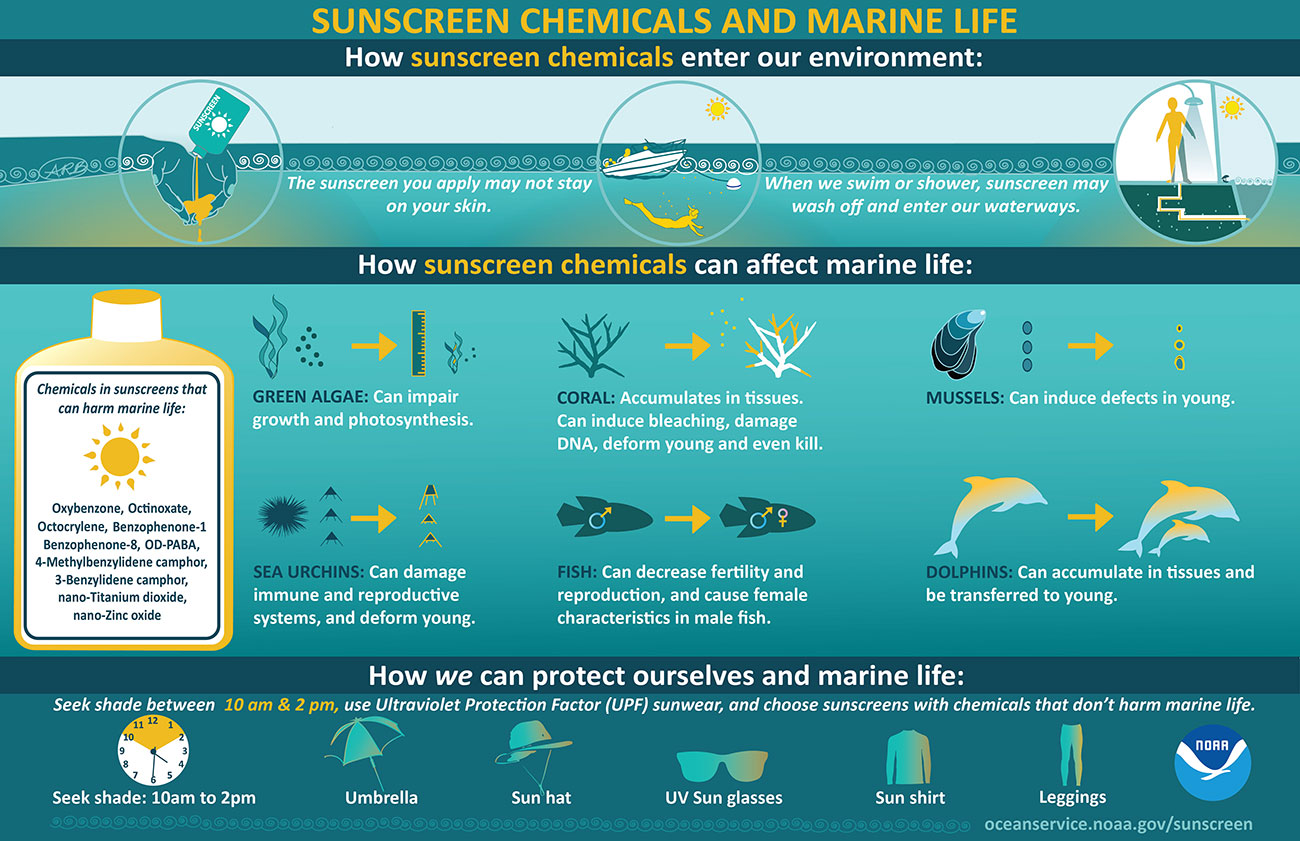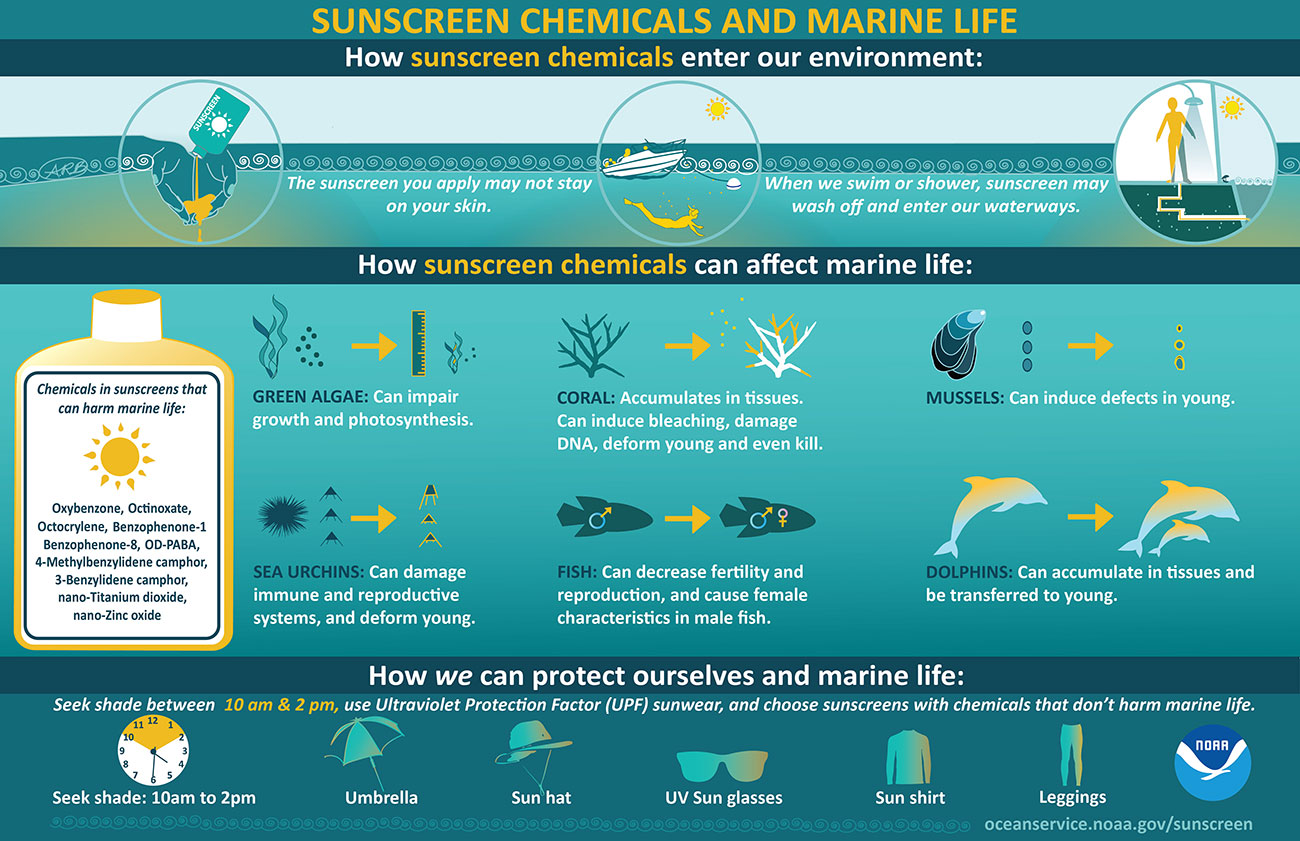Working Towards a Greener Summer

It’s no secret that every summer, thousands of people from numerous different areas will flock to New Jersey beaches to enjoy the weather and take advantage of all the state has to offer. NJ’s vast coastal areas are one of the state’s greatest resources and the source of plenty of revenue each year. But it is important for everyone, as locals, tourists, or somewhere in between, to help ensure that our beaches remain pristine for year after year of summer vacations.
There are a few easy ways to make the summer a little greener—or in this case, to make the Atlantic Ocean a little bluer. Marine debris, specifically plastic, is becoming a severe problem as its negative effects on marine ecosystems become more evident. The National Oceanic and Atmospheric Administration (NOAA) Office for Coastal Management has found that 800 different species of marine organisms have been harmed or killed by debris. Another study has shown that in the North Pacific, fish can consume between 12,000 and 24,000 tons of plastic each year—especially problematic because plastic that has broken down into miniscule pieces (called microplastics) can be passed up the food chain even to the humans consuming the seafood (biologicaldiversity.org). By minimizing the use of plastic and by disposing of it responsibly, debris can be prevented from entering the ocean in the first place, benefiting humans through cleaner beaches and safer seafood and benefiting marine ecosystems through cleaner seas. Carrying a reusable water bottle instead of a single-use plastic one, bringing reusable cloth bags to the grocery store, refusing straws at restaurants, or picking up litter on the beach this summer are all good, easy ways to start minimizing the plastic washing up on the Jersey Shore. No action is too small to be helpful.
Another lesser-known problem is that of sunscreen: some of the chemicals found in popular brands of sunscreen are actually toxic to marine organisms and can harm coral reefs. Chemicals like oxybenzone and octinoxate have been shown to damage DNA and cause increased susceptibility to bleaching in corals, which can in turn cost communities relying on reefs money both through reduced tourism and less productive fisheries (NOAA). These chemicals can also negatively impact dolphins when they pass from the mother to her young, algae when they impair photosynthesis, and mussels, sea urchins, and fish when they cause birth defects. These chemicals aren’t only a problem when swimming at the beach, though: when washed off in the shower, they may still find their way to the ocean. Hawaii has even banned sunscreens containing oxybenzone and octinoxate. To lessen the environmental impact of the products needed to protect everyone this summer, it is best to try to avoid products containing oxybenzone, octinoxate, and mineral oil. While no product is perfect and the label “reef-friendly” does not have a completely agreed-upon definition as of now, making an effort to use more natural products may have a considerable positive impact on marine life. When all else fails, a quick Internet search on reef-friendly sunscreens can provide a great starting point.
Just by making a few simple switches and taking a little more care this summer, everyone can help keep beaches healthy, clean, and productive—both for marine life and humans alike. Even just committing to making a single change can make a world of difference, and you can be sure that our ocean will thank you.

-Carlee Dunn, College of William & Mary
Intern at Cape May Whale Watch and Research Center
References:
Kilduff, C. (n.d.) Ocean Plastics Pollution. Center for Biological Diversity. Retrieved from https://www.biologicaldiversity.org/campaigns/ocean_plastics/
NOAA. (June 12, 2020). Fast Facts: Marine Debris. Office for Coastal Management. Retrieved from https://coast.noaa.gov/states/fast-facts/marine-debris.html
NOAA. (January 23, 2020). Skincare Chemicals and Coral Reefs. National Ocean Service. Retrieved from https://oceanservice.noaa.gov/news/sunscreen-corals.html
Rose, K. (n.d.) Your Reef Safe Sunscreen Guide: 15 Sunscreens That Are Reef Safe. Hawaii.com. Retrieved from https://www.hawaii.com/blog/reef-safe-sunscreen/
